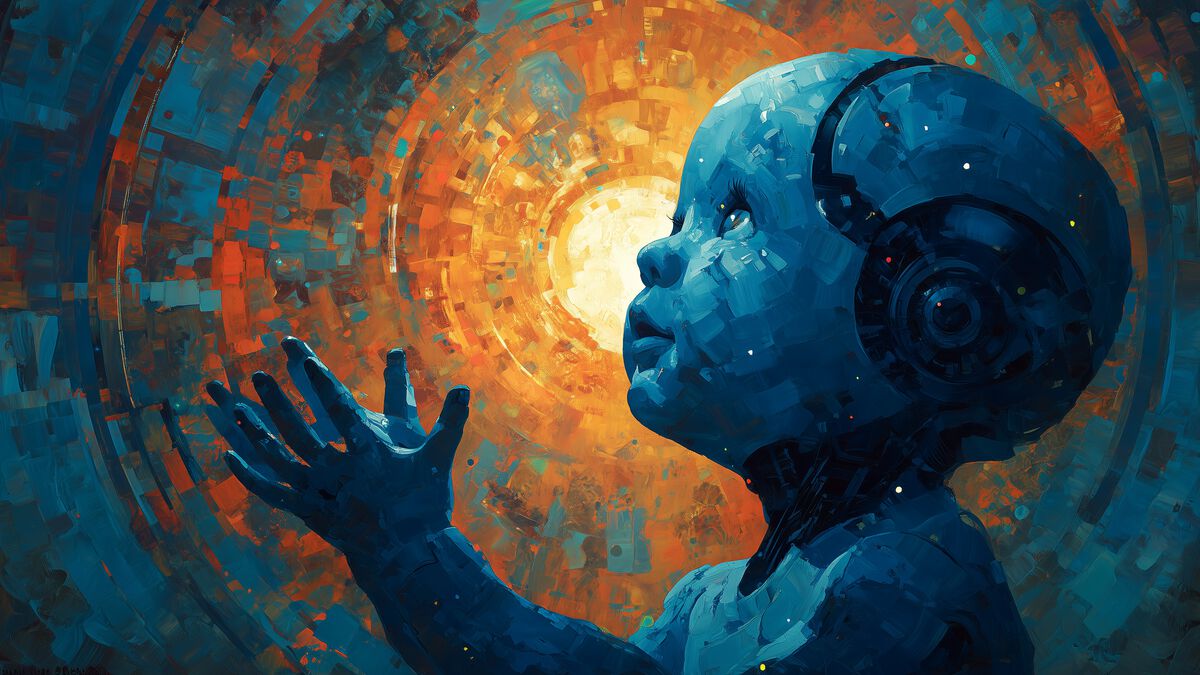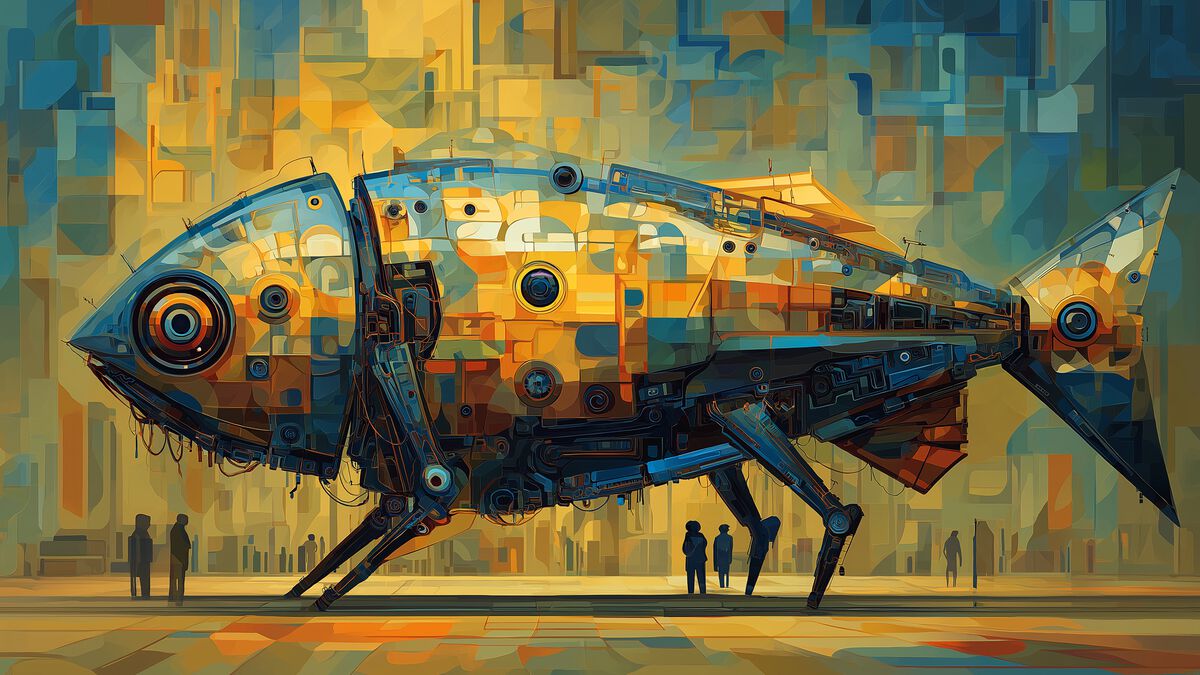A Non-Superlative Disagreement on Human Finitude
Lincoln Cannon
25 March 2008 (updated 3 January 2026)
Dale Carrico, a lecturer in the Department of Rhetoric at the University of California Berkeley, is an intelligent and articulate antagonist of Transhumanism. He interacts regularly with influential Transhumanists, and is well acquainted with the ideology – better acquainted than other antagonist that I know. I’ve recently begun reading his blog, and consider it insightful.
I’ve found many areas of agreement with Dale, such as recognition that our experience lends itself to complex and dynamic interpretations that correspond to superlatives only abstractly if at all. But I don’t share his faith in human finitude. This is for precisely the same reason that I do share with him the rejection of concrete and absolute manifestations of superlatives in our experience.
I do not expect to experience (nor do I consider it practically beneficial to pursue experience of) a concrete and absolute manifestation of finitude. I have found infinitude in my experience to at least the same degree and frequency as I’ve found finitude, yet neither has been absolute.
This could be over-simplistically interpreted as a mere contradiction in terms. But it is rather intended as a sort of paradoxical signpost pointing in a direction that I, and others, have found desirable and fulfilling to travel – with both feet, despite the possibility of construing the left foot to be a contradiction of the right.
No absolute end is expected, neither in the absolute infinite nor in the absolute finite. We recognize both as abstractions that approximate our experience, which itself is heavily abstracted prior to our conscious awareness of it (presumably).
In religious terms, my faith is in an eternal God that recurrently becomes God, an immortal God that dies and resurrects, and an omniscient and omnipotent God that progresses in knowledge and power. Without beginning, this God reorganizes worlds without end, through beginnings and endings.
This is a God of life, in all its dynamic concrete complexity and its static abstract simplicity. This is a God of love, working endlessly for full reconciliation of our wills, desires, and laws.
I have worshiped as a slave, now as a child, and yet would be a friend in grace and works, without pity or pride. I would become one with the eternal God, even if it requires eternity.
I desire superlative life, in quantity and quality, rather than superlative death. So I express and work toward that desire, not actually desiring that the abstract superlative displace the concrete experience, but knowing confidently that some truths depend on our will for their realization, however dynamic and complex that realization may be, reflecting a dynamic and complex truth.



